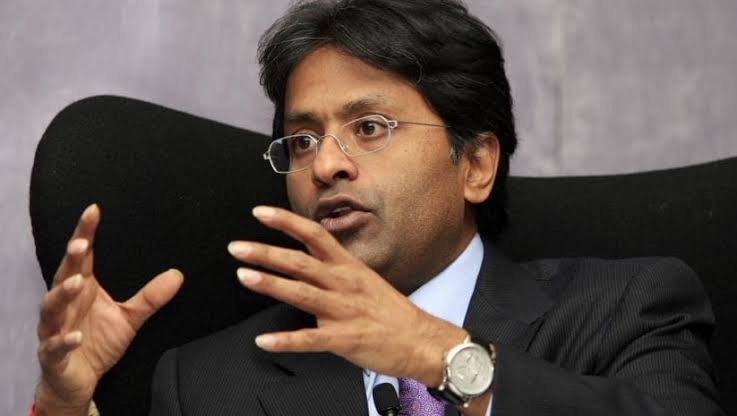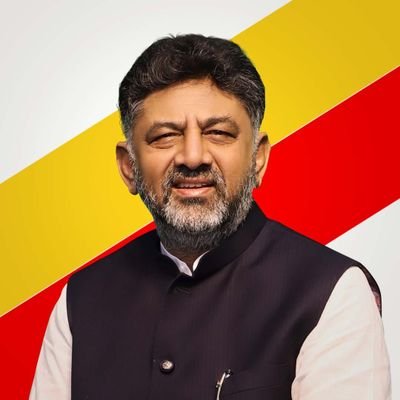As the Delhi 2025 Assembly elections near, the capital is set for a fierce political contest between the Aam Aadmi Party (AAP) and the Bharatiya Janata Party (BJP). After years of governance, AAP is facing its toughest challenge yet in BJP, which is determined to unseat Arvind Kejriwal’s party. This election is not just about the 70 seats at stake in Delhi, but about shaping the future of politics in the city and beyond.
AAP’s Return to Grassroots: 2015 Tactics Resurrected
AAP has returned to its roots for the 2025 elections, employing the door-to-door campaigning strategy that worked wonders in 2015. With Arvind Kejriwal leading the charge, AAP is reconnecting with its base, particularly in urban constituencies where voters are concerned with issues like electricity, water, and healthcare. The party’s emphasis on direct engagement ensures it can address local concerns effectively while reinforcing its commitment to welfare.
Middle-Class Appeal: AAP’s Core Voter Base
The middle class in Delhi has been one of AAP’s most loyal supporters. The party’s promise of free and subsidized services—such as electricity, water, and healthcare—has given it a significant edge, especially in a city where the cost of living is high. AAP’s policies align with the aspirations of middle-class families who seek basic services without the burden of high bills, making this demographic essential to its electoral success.
The Freebies Debate: AAP Defends its Policies, BJP Critiques
One of the most contentious issues in the Delhi elections is the question of “freebies.” AAP has defended its welfare programs as essential to improving the quality of life for common citizens. By framing free electricity, water, and healthcare as basic rights, AAP seeks to neutralize BJP’s attacks on these services as unsustainable. BJP, however, has consistently criticized AAP’s model, accusing it of irresponsibility and financial mismanagement.
BJP’s Aggressive Approach: Shifting Focus to National Issues
While AAP focuses on local governance and welfare, BJP is trying to nationalize the Delhi elections by discussing broader issues, such as national security and economic growth. BJP’s strategy is to shift the conversation away from AAP’s successes and highlight areas where the party has failed, including addressing pollution, infrastructure, and security concerns. The party has also sought to portray AAP as incapable of managing the challenges of governing Delhi.
BJP’s Campaign: Mobilizing National Support for Delhi
BJP’s national appeal is another critical aspect of its strategy in the Delhi elections. The party has emphasized its national security policies and development agenda, trying to create a contrast with AAP’s focus on local issues. BJP’s extensive media outreach, coupled with high-profile rallies, is aimed at gaining support from voters who may feel more connected to national politics than local issues.
AAP’s Leadership: The Kejriwal Factor
At the heart of AAP’s campaign is Arvind Kejriwal, who has emerged as one of Delhi’s most popular leaders. His image as a man of the people, committed to providing basic services to the citizens, continues to resonate with Delhi’s voters. Despite facing criticism over issues like pollution and traffic, Kejriwal’s leadership and governance style remain key to AAP’s strategy, and his personal appeal remains a significant asset.
BJP’s Campaign: Aggressive and Targeted
BJP’s approach is to make the election about leadership, presenting itself as the party of stability and national progress. The party has launched a series of campaigns criticizing AAP’s record on pollution, law and order, and other urban issues. BJP’s strategy is to rally voters who may be disillusioned with AAP’s governance while projecting itself as a stronger alternative.
The Future of Delhi’s Governance
The Delhi 2025 Assembly elections will be a defining moment for the city’s political landscape. AAP’s focus on welfare and grassroots campaigning, combined with BJP’s aggressive opposition and national strategy, makes for a highly competitive contest. As Delhi’s electorate heads to the polls, the outcome will determine whether AAP retains control over the capital or if BJP can stage a comeback and take over governance.






